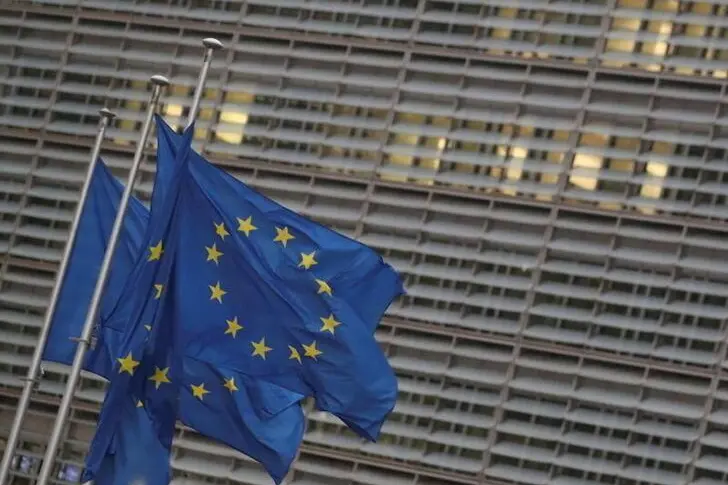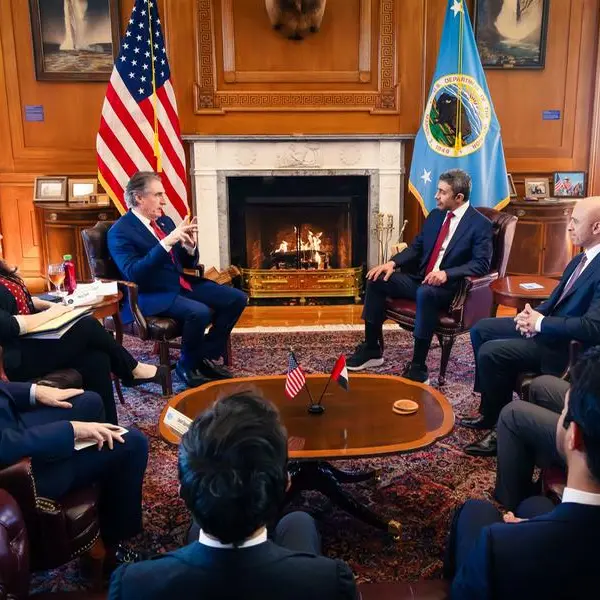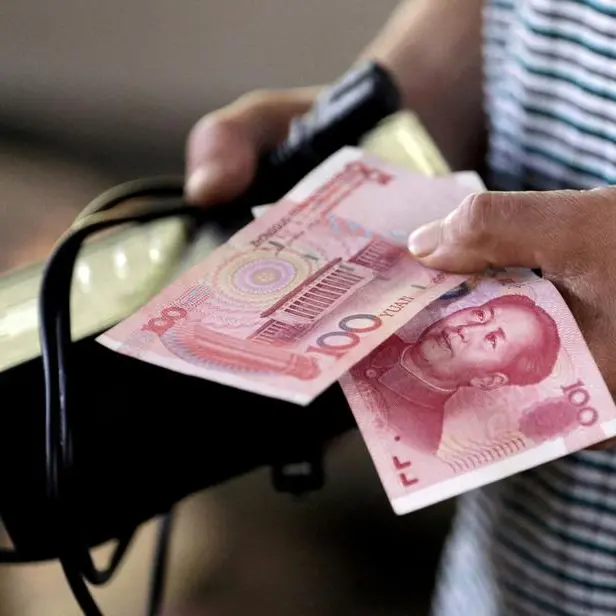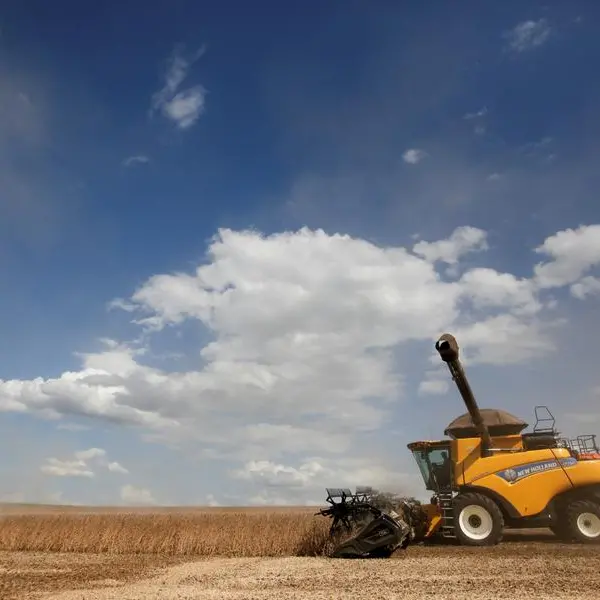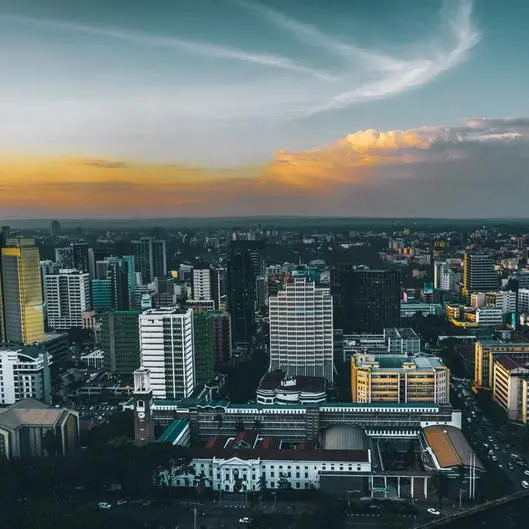PHOTO
The annual Gulf Cooperation Council (GCC)-EU political dialogue this week held its 23rd session. Gulf security topped the agenda and there was a discussion on how the two sides could establish a more regular and dedicated dialogue on this issue.
Although GCC-EU engagement has been quite extensive since the two sides signed a cooperation agreement in 1988, there have been only sporadic discussions about Gulf security and overall regional security; unlike, for example, in the GCC-US security dialogue. There has been a similar dialogue with the UK and, more recently, China also proposed having a role in the Gulf security architecture. With the EU, regional security discussions have been limited to exchanges during the annual ministerial and senior officials’ meetings.
Despite limited GCC-EU security discussions, Brussels has been part and parcel of the Iran nuclear negotiations from the start. Then-EU High Commissioner Catherine Ashton, together with the E3 (France, Germany and the UK), played a crucial role in drafting the 2015 deal. And the EU became the most ardent defender of the Joint Comprehensive Plan of Action (JCPOA) when it was called into question by the Trump administration, which ultimately withdrew from the agreement in 2018. Since reviving the nuclear talks in Vienna in 2021, the EU has remained the JCPOA’s strongest and most active advocate. Curiously, however, there has been only limited interaction between the two sides on the P5+1 talks with Iran.
The EU’s keen interest in the JCPOA implies an interest in preventing nuclear proliferation and weapons of mass destruction in general. It also indicates a desire to be involved in the security of this region, which affects European security directly and indirectly in multiple ways.
In addition to the two sides’ shared interest in addressing the dangers of the proliferation of weapons of mass destruction, there are many other reasons why Gulf security should be a focus for GCC-EU discussions, through a reliable and consistent channel of dialogue. I will address some of them here.
First, Gulf security is important to the security of energy supplies to the EU and globally. The EU is highly dependent on energy imports and that dependency is growing. In 2019, the EU energy dependency rate was equal to 61 percent, which means that more than half of the bloc’s energy needs were met by net imports. This rate ranges from more than 90 percent in Malta, Luxembourg and Cyprus to 5 percent in Estonia. The dependency rate on energy imports has increased since 2000, when it was just 56 percent.
Petroleum products (crude oil and refined products) are the main component of the EU’s energy imports, accounting for about 66 percent, followed by gas (27 percent) and solid fossil fuels (6 percent). The Gulf region is home to about 50 percent of oil reserves, production and exports. If Gulf energy exports were disrupted, energy supplies around the world would be affected and the prices from other sources could jump accordingly. In the past, disruption of oil supplies happened largely due to Iran’s actions against oil installations and tankers in the Gulf.
Second, concern about Iran’s role in the region is one of the main issues that the EU and GCC share, as both are interested in trying to modify Tehran’s conduct to be consistent with international norms. In its communications with Iran, the GCC has proposed ways to de-escalate and build trust. The EU could support those efforts. This task may have become more difficult since Iran’s parliamentary elections of February 2020, which gave the hard-liners an overwhelming majority. And the election of a hard-line president last month has further strengthened the Islamic Revolutionary Guard Corps’ grip on power; all the more reason for the EU and the GCC to coordinate their Iran policy.
Third, fighting terrorism is a top priority for both the EU and the GCC. Terrorism is again on the rise, as Daesh regroups in Iraq and Syria and Al-Qaeda increases its activities in Africa. In addition, the US troop withdrawal from Afghanistan may create another front. The EU and GCC have a common interest in curbing other terrorist groups’ activities, including Hezbollah in Lebanon, for example.
A GCC-EU partnership in countering terrorism on all fronts has produced the establishment of a dedicated working group, which is due to hold its first meeting in October with a view to coordinating more closely to disrupt terrorist activities, financing, and extremist groups’ efforts to recruit young people. The two organizations are also planning to hold a joint conference later this year to address violent extremism and terrorist messaging and discourse.
Fourth, the EU and GCC share concerns about other regional issues that affect them both, such as the Israel-Palestine conflict, Syria, Lebanon, Libya, Iraq, Yemen and Afghanistan.
Fifth, Red Sea maritime security is an increasing concern for both sides. The EU has played an effective role in combating piracy in Somalia through Operation Atalanta, but there are more overriding issues in the area that could benefit from EU-GCC dialogue. They should explore partnership possibilities, including ensuring the security of water passageways and international shipping lanes and fighting terrorism, arms smuggling, human trafficking, and organized crime. The dispute over the Grand Ethiopian Renaissance Dam is another issue of concern to both sides.
With so many shared interests, it should be a foregone conclusion that the EU and GCC states would benefit greatly from a regular dialogue on regional security, collectively and bilaterally, starting with consultations about the Vienna talks. It goes without saying that there will be differences of opinion on some issues but, through regular and sincere dialogue, those differences could be addressed and a convergence of views may be found.
- Dr. Abdel Aziz Aluwaisheg is the GCC Assistant Secretary-General for Political Affairs & Negotiation. The views in this piece are personal and not necessarily those of the GCC. Twitter: @abuhamad1
Copyright: Arab News © 2021 All rights reserved. Provided by SyndiGate Media Inc. (Syndigate.info).
